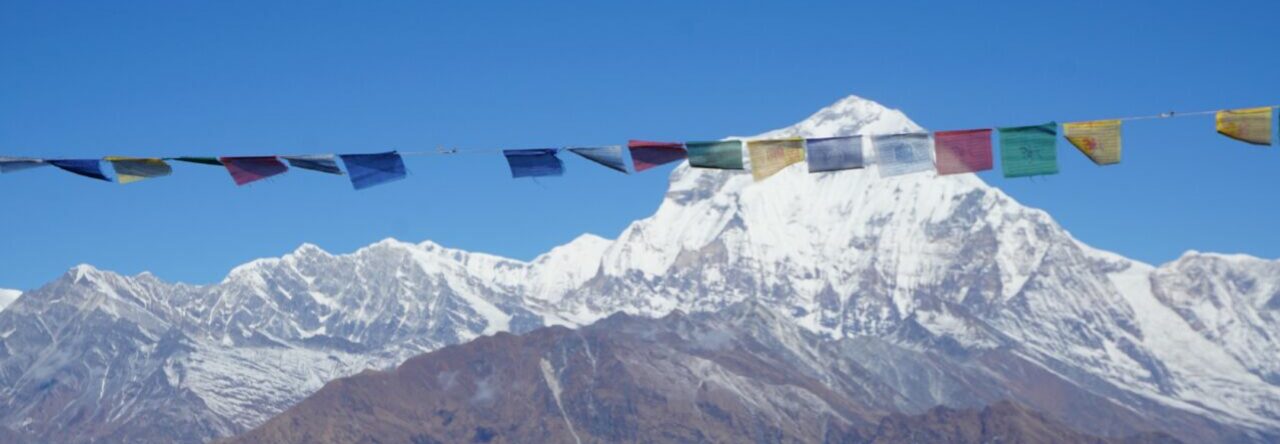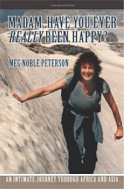And we have a couple of days of sunshine and warm weather before the Big Day, so I’m keeping my eyes open…and my camera at the ready.
New Years Resolutions are passé and apologies are boring, so I shall just try to catch up this week before wishing you all a 2012 of unlimited possibilities, good health, and prosperity. That about covers it all, unless you want me to throw in World Peace, which has been elusive to me ever since I turned 13. Ah, yes, but I’m still right up there with the hope that springs eternal….
Once, again, I’m playing catch up. I was still reeling from Hurricane Irene (remember her?), when along came a storm that flattened my bushes, tore off limbs front and back, and left branches and piles of debris lining the streets of this fair city. So I guess it”s not too out-of-step to write part four of my adventures in Washington last August. Everything else is topsy-turvey!
Before heading south with Jon Pollack to Walla Walla, I spent the evening with my new friend, the incomparable Betty Tisdale, who lives in Queen Anne’s, a lovely section of Seattle. That is, when she’s not traveling to Vietnam, Afghanistan, Indonesia, and a host of places in Asia where she has started orphanages. I’ve written about her before (be sure to check it out), and will, again. Her website, H.A.L.O. , stands for Helping and Loving Orphans.
It was a six-hour drive, south and east, to get to Walla Walla, a rather quaint city tucked into the wine country, and home to Whitman College. This is the first time I’d headed in this direction and I found the variety of landscape enticing. Rugged mountains were followed by an expanse of semi-arid land that reminded me of the Trans Karoo in South Africa. There were fewer and fewer trees, except for the pines along the banks of the Yakima River. It was so different from the lush hills and valleys of northern Washington.
As we approached Selah, however, the countryside began to change. Orchards, farms, and vineyards, perfectly symmetrical rows of plants, stretched for miles. Yes, this was the heart of wine and fruit country.

...stretching for miles and miles
We settled for a couple of nights at Fishhook State Park campground on the shores of Lake Sacajawea, which is really just a dammed up part of the Snake River. It was quite different from most of the campgrounds where we stay. More like a giant lawn sloping down to the lake, facing cliffs. This is the only place where I managed to get a swim.

On our way to visit my old friends, Mary and Jim Carlsen of Walla Walla, we stopped at the Whitman Museum, a national historic site commemorating the work of the Whitmans. This brave couple traveled by covered wagon from St. Louis and arrived in 1836 to set up a mission at Waiilatpu, (Cayuseland), which later became the Oregon territory. Their goal was to minister to the Indians, both in medicine and as Christian missionaries. Many of the Indians died of smallpox and measles, and eventually they blamed the white man, attacking the mission 11 years later…killing and burning. The Whitmans were among those killed. You are struck by the pervasive genocide perpetrated on the Native Americans during that period. You’re much more aware of it in the West than in the East. The killings ended the Protestant missions in the Oregon country and led to war against the Cayuse by a volunteer militia from the Willamette and lower Columbia valleys.

Symbolic covered wagon
Grave of massacred settlers

Surrounding Oregon landscape near the Mission


Jim and Mary Carlsen
Our next stop was Horsethief State Park, where we camped in near-hurricane conditions near the desert and Horsethief Bluff, which we climbed on our first day of exploring. We sat at sunset looking over the craggy rattlesnake-infested grassy area and marveled at the geological structure of the land…basalt melting into ancient glaciers, forming the Columbia River gorge. To use words like spectacular and indescribable are understatements for this whole region. But the pristine-looking lake rimming the campsite was anything but! Unfortunately, flocks of Canada geese had spoiled it, as is so true of many areas they infest. But they didn’t spoil the carefully maintained and beautifully constructed park. Thumbs up for this site.

Our campsite on the edge of the park was desolate and very, very windy!

Horsethief Butte from the campground

Grounds of campsite

A peaceful setting, but look who’s standing watch on the tree branch….


Sunset at the campsite


- You can hike anywhere if you don’t mind snakes!


Starting up....

Close-up of rock clliff

Not an easy climb!

Almost there....

View from the other side

There she is at a distance....

Some of the many petroglyphs in the area
We visited our last historical site before heading to the Lewis River. This was the Maryhill Museum of Art, which houses a world-renowned art collection and was built by Sam Hill, the son of Quaker parents. In 1907 he acquired 7,000 acres in southeast Washington, planning to build a Quaker farming community. This never materialized, but his chateau-like home was turned into the Maryhill Museum in 1917. My favorites of all his collection were the Rodins.

Maryhill Museum of Art with Mt. Hood in the background

- Windmills dot the countryside
Hill was in Europe in WWI and was shattered by the death and destruction all around him. While in England he visited Stonehenge on Salisbury Plain, where he was told that the structure was believed to have been constructed by Druids as a place of human sacrifice. He concluded that there was a similarity between the loss of life in this, the greatest of human wars, and the sacrifices of ancient Stonehenge. Therefore he decided to build a replica on the cliffs of the Columbia as a reminder of the “incredible folly of war.” It took from 1918 ‘til 1930 to complete the construction. He died a year later. His epitaph read: Samuel Hill: Amid nature’s great unrest, he sought rest.”

Replica of Stonehenge


- Mt. Hood as we leave Oregon

- Mt. St. Helens as we leave Columbia Gorge and head for the Lewis River in Washington
The inevitable Cultural Update: The first concert of the year for the Plainfield Symphony featured Beethoven’s 5th Symphony, Carl Maria von Weber’s Overture to Der Freischutz, and the stunning Shostakovich Piano Concerto #35. In December we finished the season with a Christmas concert at the Shiloh Baptist Church featuring a chorus that sang both the Quincy Jones rendition of the Hallelujah Chorus and the original Handel. It was, indeed, an inspiring afternoon!
Theater included the excellent Samuel L. Jackson and Angela Bassett in the not-so-excellent new play by Katori Hall, The Mountaintop, about Martin Luther King’s last night on earth. I was also fortunate to see Bonnie & Clyde, a new musical that I felt was charming and homespun, despite its subject matter, and more like an operetta than a robust Broadway show. Bad reviews caused it to close early. Sometimes I’d like to strangle certain reviewers!
To complete the Christmas season of giving, I took daughter Martha and grandsons Thomas and Adam to see Billy Elliot, one of my favorite musicals. I really gave my theater addiction a good feeding this month, with two viewings in one week. Martha is a delightful partner in crime. Shame on me, but it was great. Sorry it’s closing.
I highly recommend Seminar, a new play by Theresa Rebeck, starring the inimitable Alan Rickman. You can’t beat this one! And I was also thrilled by the new production of Brian Friel’s Dancing at Lughnasa at the Irish Repertory Theater. When it comes to Irish plays, they are the greatest.
My only large social gathering this year was a superb reading by my dear friend, J. Carol Goodman of her latest book, Never Lie Down. (Check it out on Amazon.com) I think of it as my holiday party. Forty people crammed into my living and dining room, a fire in the fireplace, good food, good conversation, and good fellowship. It just doesn’t get any better!
Finally, I did manage to get to the opera, thanks to my friend, the percussionist, Phyllis Bitow, who drives a group of us opera addicts to the Met and drives us home before many people have even gotten out of the City. Bless her! This time it was a new opera for me, Rodelinda by Handel, starring Rene Fleming. The orchestra had shrunk to baroque size, and the playing was perfection.
In looking back over this varied year, which started in Sikkim at the foot of the Kangchenjunga mountain range, moving through southern India, back to the U.S. for the wedding of my only granddaughter, and on to California for a family reunion and a folk festival, I am filled with gratitude for my good fortune, my good health, my children, and my great family of friends. Thank you all!
I promise to finish this journey before the New Year. We still have the magnificent waterfalls and trails of the Lewis River to explore. Please stay with me. I resolve to be brief in the New Year…yeah!































































































































































